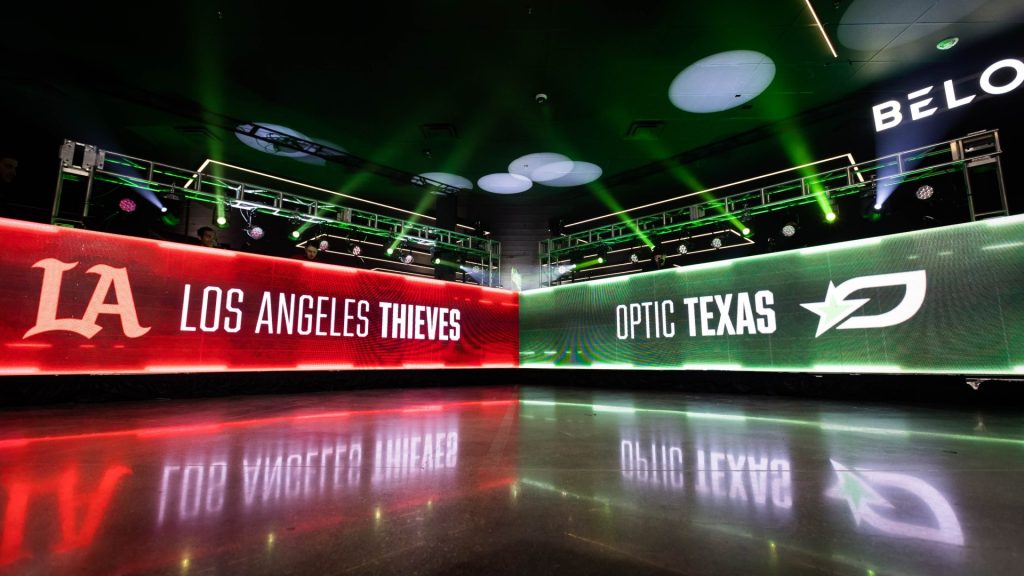
OpTic Gaming CEO Hector ‘H3cz’ Rodriguez and former Call of Duty player Seth ‘Scump’ Abner have filed a lawsuit against Activision Blizzard.
The lawsuit, which was first reported by Bloomberg Law, alleges that Activision Blizzard engaged in “monopolistic, trade-restraining and anti-competitive” actions, which resulted in major financial harm to Rodriguez and his business ventures. In addition, the lawsuit claims that Activision refused to allow Rodriguez to be a sole owner of a CDL team, among other things.
The lawsuit was filed on February 15th, as reported by Bloomberg Law, and the information quickly spread over social media. The lawsuit reportedly asks for over $680m (~£540m) in damages.
The lawsuit focuses on several key areas, including the purchase of MLG by Activision Blizzard, the streaming rights deal between Activision Blizzard and YouTube, OpTic’s merger with Envy and the team ownership issues Rodriguez faced when trying to be the sole owner of OpTic in the Call of Duty League.
The lawsuit alleges that, with the acquisition of Major League Gaming (MLG) in 2016, Activision “cemented a complete monopoly over the professional Call of Duty market by refusing to grant CoD licences to organisers and operators of other commercial CoD competitions.” The suit goes on to say that, if a team wished to compete in Call of Duty, it had no choice but to pay the fees and play in the CDL, “on terms dictated by Activision.”
A section of the lawsuit also focuses on the streaming rights deal between Google, the owner of YouTube, and Activision. The lawsuit says that, after Activision “attained its monopoly over the professional CoD Market,” the company granted Google exclusive rights for the CDL, “notwithstanding that it would have been more financially beneficial to players and teams for the CoD League to be broadcast either by multiple networks or by Twitch.”
Arguably the most notable segment of the lawsuit is the one that claims that Rodriguez was forced by Activision to merge OpTic Gaming with Envy. According to Rodriguez and his team, he was not allowed to become a sole owner of OpTic, and was forced to partner with a group of investors to keep OpTic in the CDL. The lawsuit says that “Activision’s conduct forced Rodriguez to give to the billionaire investors’ company Envy Gaming, Inc. a 92.5% ownership share in OpTic.”
Rodriguez claims that he would have operated his own team in the league, and never would have partnered with Envy, if Activision let him — but he was left with no other choice but to partner with investors that “met Activision’s approval.” Interestingly, the lawsuit also says that “one Activision executive told Rodriguez that he was not the type of owner Activision wanted for the league,” noting that he needed partners who “looked like Activision’s ideal or leave the Call of Duty Market.”
In a statement sent to news outlets, Activision commented: “Mr. Rodriguez (aka OpTic H3CZ) and Mr. Abner (aka Scump) demanded that Activision pay them tens of millions of dollars to avoid this meritless litigation, and when their demands were not met, they filed.
“We will strongly defend against these claims, which have no basis in fact or in law. We are disappointed that these members of the esports community would bring this suit which is disruptive to team owners, players, fans and partners who have invested so much time and energy into the Call of Duty League’s success.”
It remains to be seen what will come of this multi-million lawsuit and whether other team owners will voice their concerns about the Call of Duty League in a similar manner.
